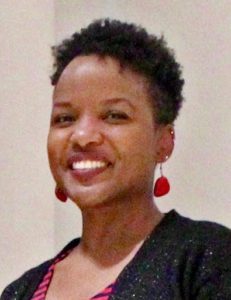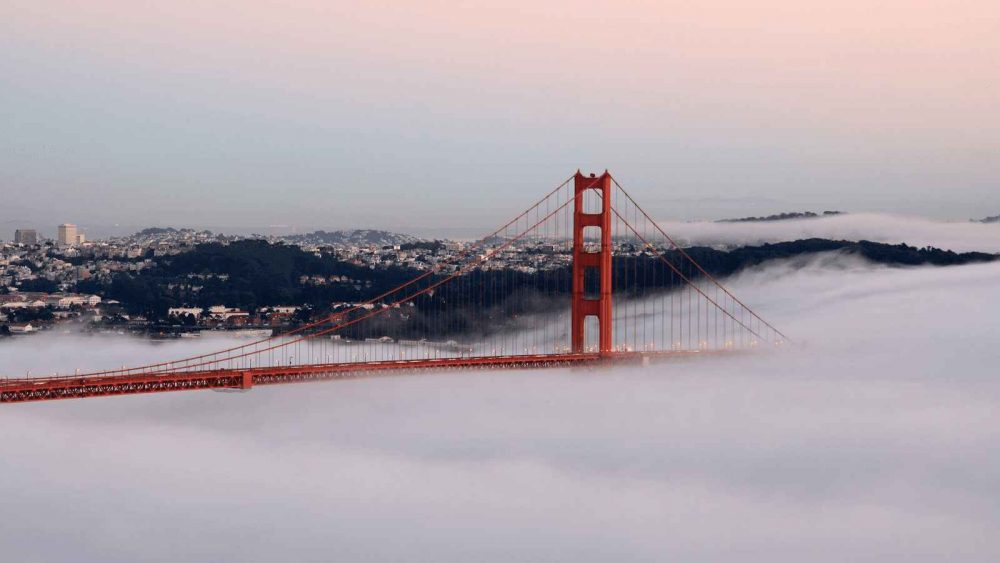At this very moment, many institutions supporting archives, libraries, and museums such as Columbia University, Los Altos History Museum, and the White Plains Public Library have been documenting and archiving the experiences of COVID-19 through oral histories, audio recordings, photos, and film clips from their communities. Future researchers will be looking at such collections including data and stories to understand how the virus impacted daily life locally and globally. In this interview, we speak with Gina Murrell, the digital collections librarian at the University of San Francisco, about her thoughts on this kind of work and process.
Ray: Thanks for speaking with us! Can you tell us about your day-to-day work and how COVID-19 has impacted your work as a digital collections librarian?
Gina: Like many librarians, my day-to-day work has shifted from on-site to remote. I live in a studio apartment and thus don’t have the space for a home office, so I tend to work at my kitchen table or in my blue armchair. In the past, I’ve worked from home as a contractor, so I know to avoid my bed if I want to stay alert during the work day! In my position as digital collections librarian, I manage digital items using CONTENTdm, an OCLC product that is compatible with PCs only. My work laptop is a Mac. So just prior to transitioning to remote work, I had a Windows (dual) environment installed on my laptop, which allows me to do my digital collections work at home. For now, I’m exclusively managing born-digital objects, which I receive from collaborators via Hightail or Zip files, Google Drive, or Gmail. I supervise a digital projects assistant through Slack and Gmail, and we have weekly meetings as a department via Zoom.
Ray: What is one project you’d like to highlight?
Gina: During sheltering in place and many libraries being physically closed as a result, I think many are discovering the value of libraries’ electronic resources, including digital collections. One digital collection at my library, Gleeson Library, University of San Francisco, that I would like to highlight is the USF COVID-19 Response Collection. This is a new project, a collaboration between Special Collections & University Archives, Digital Collections, and the Scholarship Repository.
The USF COVID-19 Response Collection is documentation—all in one place—of the university’s response to the pandemic, including administration emails, university web pages and social media posts, and USF student-created media. The USF COVID-19 Response Collection primarily will serve as an online reference on how the university handled this global crisis. I’m extremely excited to be collaborating across departments on this project!
Ray: What are your suggestions for libraries interested in documenting people’s experiences during COVID-19?
Gina: Make it a goal to be inclusive. I strongly suggest going beyond the responses from presidents, provosts, directors, and managers to also documenting the experiences of faculty, staff, students, and patrons. Be sure to include a range of voices, from across the spectrum of race, nationality, religion, ethnicity, gender identity, gender expression, and disability.
However, in the process of collecting documentation, please recognize that we’re all doing our best to function during a crisis and the people you’re seeking out have other, more pressing matters they’re dealing with, such as grief and basic survival. So practice patience and compassion when documenting people’s experiences during COVID-19.

Gina Murrell is Digital Collections Librarian at Gleeson Library at the University of San Francisco. Before starting at USF in April 2019, she worked as Digital Asset Coordinator and Archivist at Gap Inc., Digital Preservation Assistant at University of California–Berkeley, and Project Coordinator of the Oregon Digital Newspaper Program at the University of Oregon in Eugene. In her current role, she enjoys bringing hidden histories to light and is looking forward to broadening the digital collections to include more diverse voices.



